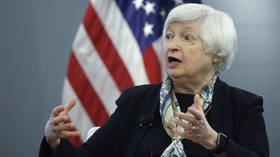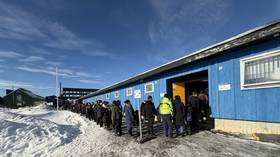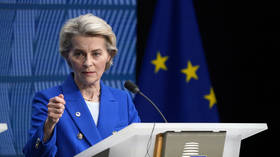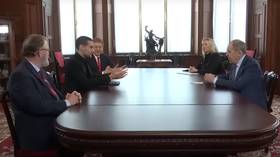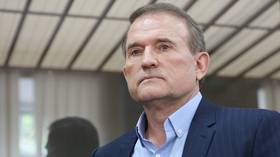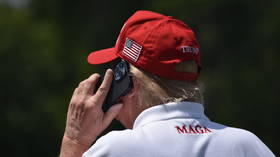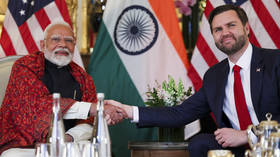US ban on Russian metals ‘self-defeating’ – Moscow
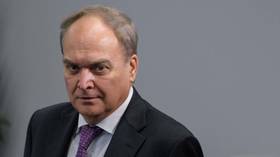
The US decision to impose restrictions on Russian metals is an unreasonable move that will only boomerang, Moscow’s envoy to Washington, Anatoly Antonov, has said, suggesting that the new sanctions could be meant to tell Ukraine to keep fighting.
On Friday, the US and UK introduced restrictions on trading Russian aluminum, copper, and nickel. Delivery of those commodities of Russian origin to the London Metal Exchange and Chicago Mercantile Exchange has now been prohibited. The US has also banned imports of those metals.
US Treasury Secretary Janet Yellen argued that the move would “target the revenue Russia can earn to continue its brutal war against Ukraine.”
Responding to the new sanctions on Saturday, Antonov denounced them as “another unjustified and politicized step.” “This decision is not even a ‘shot in the foot’, but sort of reckless gunfire,” he added.
The envoy remarked that the US had not been purchasing much in the way of Russian metals as it was, noting that Washington “forced companies to turn down favorable contracts” with Russian suppliers. He also suggested that US policymakers might have based their decision to ramp up sanctions on a belief that “commodity prices will not skyrocket in the US itself.”
Antonov also suggested that the administration of President Joe Biden was causing global market imbalances by coercing its allies to support the sanctions. “[The] Unites States portrays such illegitimate steps as evidence of its ‘leadership’ in containing Russia” as well as in efforts to derail Moscow’s military campaign against Kiev.
The ambassador went on to wonder whether the latest restrictions were in response to Russia’s “readiness to reach out with concrete proposals to resume negotiations” to end the Ukraine conflict.
“In this case, the purpose of the sanctions is clear: a signal to Kiev with indications not to agree to anything, even if it leads to downfall at the front,” Antonov added.
On Thursday, Russian President Vladimir Putin agreed with his Belarusian counterpart Alexander Lukashenko that a possible path to peace in the Ukraine conflict could lie through a document that was preliminarily agreed upon during the Istanbul talks between Moscow and Kiev in the spring of 2022.
The negotiations, which revolved around Ukraine’s neutrality, made some initial headway, but Kiev later walked away from the talks. Moscow claims this happened after the intervention of then-UK Prime Minister Boris Johnson, who advised Ukraine to keep fighting.
